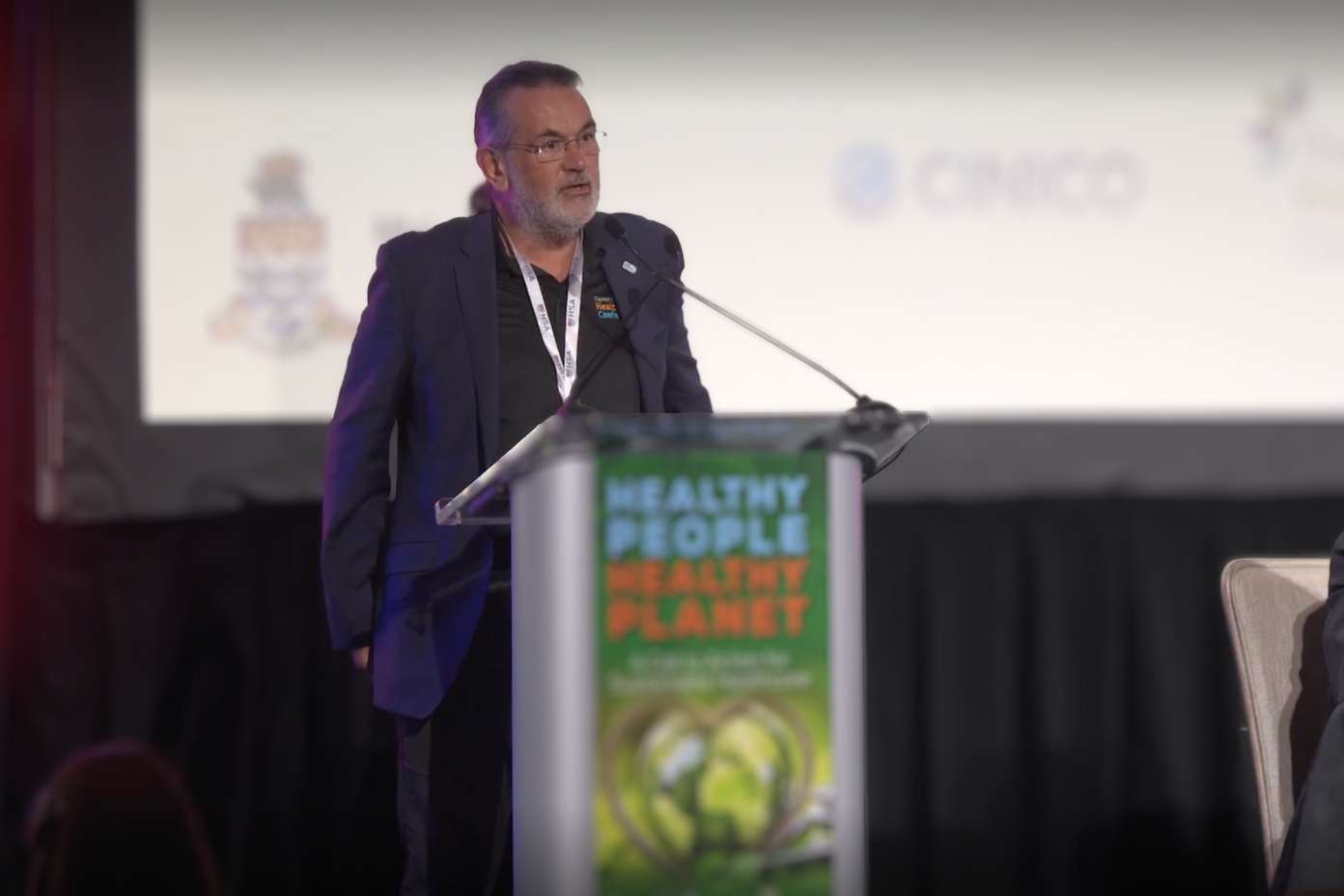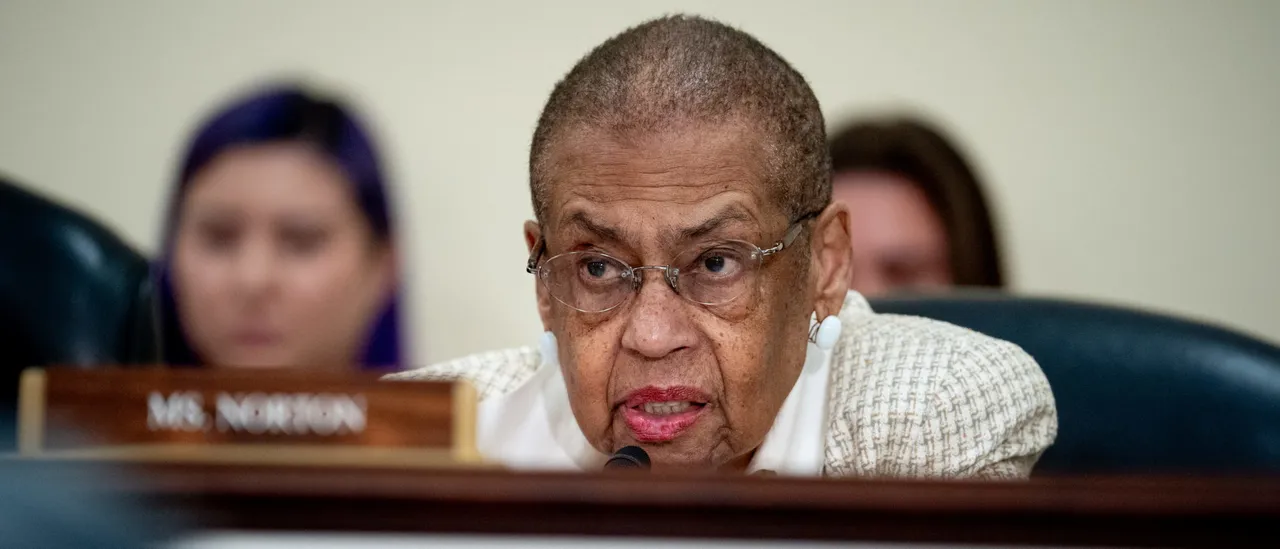Copyright caymancompass

As he prepared to retire “finally for the third time,” Chief Medical Officer Dr. Nick Gent used his farewell address delivered on 23 Oct. at the Cayman Islands Healthcare Conference to deliver a candid and heartfelt reflection on the state of Cayman’s healthcare system. “I suppose that the title of this talk should be what I would have done over the past three years, if I knew then what I now know about the Cayman Islands,” he said. Gent’s speech balanced affection with accountability, praising progress while pulling no punches about the challenges still holding Cayman’s healthcare system back. He referred to his words as the reflections of “someone who deeply loves the Cayman Islands and its people.” At the centre of Gent’s message was a plea for Cayman to take a harder look at its health infrastructure – not to assign blame, but to guide its evolution. “I think we desperately need the discipline of holding up a mirror to ourselves and our health care systems,” he said. “That way we can guide our future development better.” Hidden poverty and inequality Gent, who first arrived in Cayman in 2022, following the turbulence of the pandemic and helped steer the islands through a period of profound public health reform, said one of the greatest revelations of his tenure was “the extent of extreme and yet hidden poverty” – a reality often masked by Cayman’s prosperity. According to the most recent STEPs health survey, more than 40% of the local population earns less than CI$30,000, with approximately half of that group earning less than CI$15,000. Hidden hardship, he said, has created deep inequality in access to healthcare, compounded by what he described as “a deeply flawed” insurance-based health system that magnifies those disparities and “places care beyond the reach of many” when combined with other factors such as an “unplanned health care system that is largely driven by private provider-led development of care, which of course has to be predicated on profitability.” The model, he said, incentivises reaction rather than prevention and contributes to service fragmentation, where patients may see multiple doctors who do not share a common health record – often resulting in “sub-optimal and sometimes conflicting therapies” as well as the use of multiple pharmacies. “I regularly see medical records of patients prescribed eight or more medicines regardless of critical need, affordability and the potential for interactions between those medicines,” he warned, highlighting a pattern of over-prescription and potential harm from uncoordinated care. Gent questioned the sustainability of Cayman’s healthcare model, which he described as “over-populated with clinicians,” leading to financial strain and, in some cases, unnecessary procedures. “The need to be profitable may be tempting over investigation, reviewing patients too frequently and planning interventions given too soon,” he said, noting that some clinicians “are providing treatment outside of their scope of practice.” While emphasising that many excellent practitioners work tirelessly across the islands, Gent called Cayman’s regulatory system “a very light touch,” with minimal re-licensing demands and limited access to continuing education as well as a lack of team-based care due to the competitive nature of the sector. Progress and hope If he could go back three years, Gent said, “I would have looked more closely at the nature of health insurance that tends to prioritise interventional care over preventative care,” but stressed that he is reassured that there are proposals to restructure health insurance to give greater prominence to the latter. Gent urged a stronger national focus on prevention – from universal immunisation and cancer screening to equitable maternity care – and greater compassion for “our elderly, our mentally ill, our looked after children and our prisoners.” “I believe,” he said, “that if we could provide maternity services where personal financial resource is not a bar to good clinical protocol-based care, we would be a more just society.” Gent celebrated meaningful reforms that are underway – including the planned overhaul of health insurance legislation, the introduction of the HEARTS hypertension programme and the modernisation of healthcare oversight, which he called “very dear to my heart.” He expressed optimism that the success of the hypertension programme would pave the way for a national diabetes programme, addressing “the two most significant chronic disease threats to our people.” He also highlighted work toward universal electronic prescribing, national cancer and healthcare plans and a modern code of practice for all clinicians covering ethics, consent and transparency. “These are all good things,” he said, “that should deliver significant benefits over the coming years. But there are many other things that need our attention, too.” “Most prominently are clinicians working to evidence-based care pathways with more integration in the way that they plan care between themselves,” he said. “There is no place for individualism or replacing internationally evidence-based care with local ad hoc consensus. The public also has to play its part in reducing its risk to itself.” Gent’s thanked the Ministry of Health, his colleagues and the Cayman public for their “kindness and commitment,” and expressed confidence in his successor, Dr. Hilary Wolf, whose “whose career has already been quite remarkable and whose skills will hold you all in very good stead.” As he closed, Gent described his tenure as “a highlight of my career and a perfect way to bow out of practice with such happy memories.”



